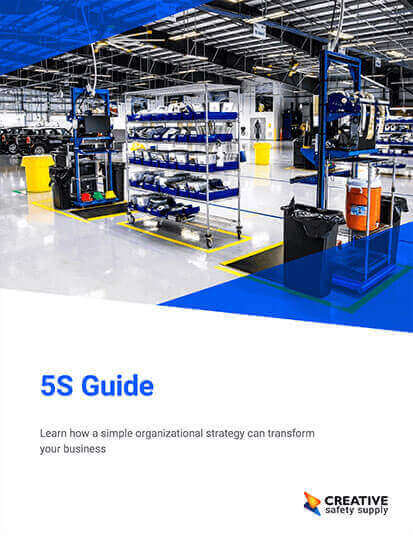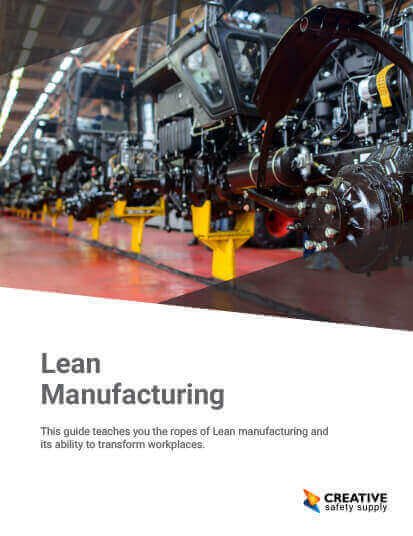
The Lean Startup method is popular with newer companies that are looking to create a product, but don’t want to risk the company’s success solely on something that has yet to be deemed as satisfactory by a potential buyer. Startups tend to fail because the company did not take customer input for improvements on a product. This failure is a result from a finished product hitting the market from the get-go, without the needs of customers taken into account. This risky route has the potential to waste exorbitant amounts of money and time for the producers. However, choosing to implement the Lean Startup method allows for that risk to be lowered significantly, and may end up creating a better product in the end.
There are seven main principles the Lean Startup method relies on, these are:
- Use of minimum viable products: The version of a new product that is released to early adopters with basic features in which the producer is then able to gather feedback for improvements on design and functionality.
- Continuous deployment (only for software development): Deploying all new code as it is written to reduce cycle times.
- Split testing: The company provides the same product with slight differences to two separate customers for documentation purposes. Customer responses are then used as suggestions for improvements on the product(s).
- Actionable metrics: Data from customers pertaining to the released product of which leads to informed business decisions and direct action.
- Pivot: to pivot is to change the plan or product idea rather than wasting time and energy on something that has been a proven failure.
- Innovation accounting: This topic focuses on measuring progress, planning large milestones, and prioritizing items to maximize the outcome through an overarching idea of accountability.
- Build-Measure-Learn: This strategic looping system is designed to emphasize speed in product development to be able to deliver it to the customer.
Overall, the Lean Startup method is used to maximize the company’s ability to produce a product or service that customers will have a need for.


